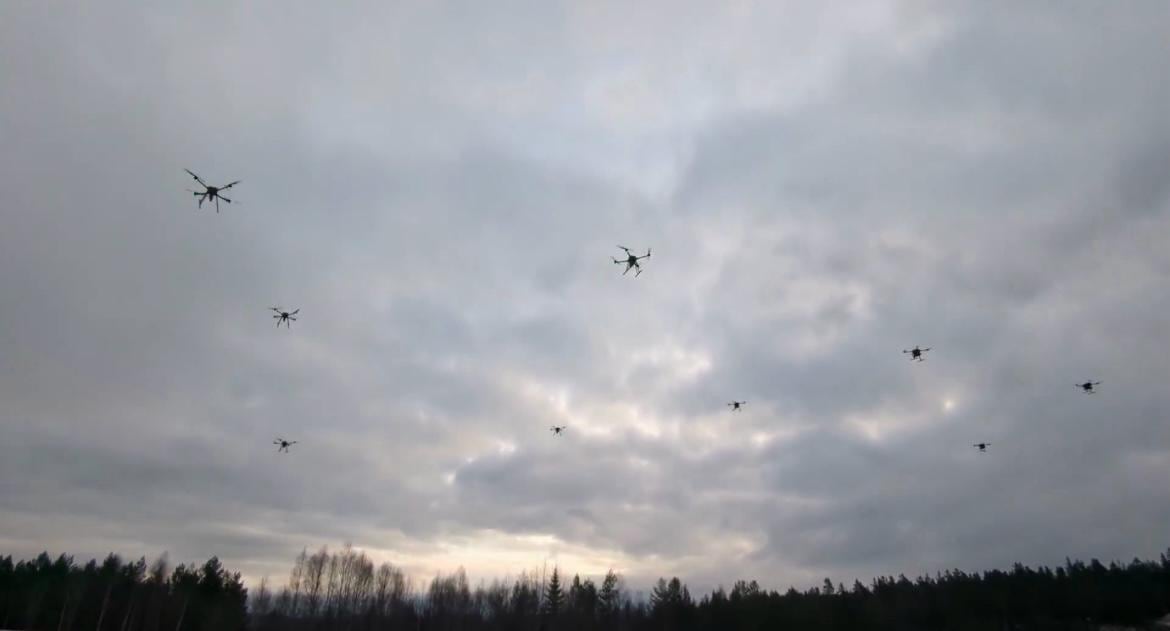The military is having a case of fiscal déjà vu: Amid ongoing discord on Capitol Hill, the threats of a continuing resolution and a repeat round of sequestration is striking fear throughout the Pentagon.
Just as passage of the 2016 National Defense Authorization Act teetered on the Senate floor, top Pentagon acquisition officials took the stage a few miles away in Arlington, Virginia, to warn, yet again, of the dangers posed by looming fiscal uncertainty.
Speaking Oct. 6 at Defense One's State of Defense Acquisition event, the military secretaries overseeing weapons-buying emphasized the damage inflicted by sequestration in 2013, when sweeping budget cuts trimmed 10 percent of spending across the board. This time around could be even worse.
"The 2013 experience — which was relatively minor compared to what we're staring at in 2016 — we're still recovering from that," said Sean Stackley, Navy assistant secretary for research, development and acquisition. "By and large, the uncertainty of not knowing what your budget will be puts you in shackles in terms of executing over the course of the year."
Stackley said that whether it's a continuing resolution or more sequestration, it translates to roughly an $11 billion hit to the Navy.
In the Air Force there was additional measurable damage. Dr. William LaPlante, assistant secretary of the Air Force for acquisition, pointed to the service's Space Fence surveillance system as plain evidence of the impact of budget uncertainty — to the tune of some $120 million in costs and a year behind schedule.
"We had gone through source selection…we were about ready to do the award in September 2013, but nobody knew the budget. We decided we couldn't do the award because…if we didn't get the budget we thought we'd get, we would just have to cancel the program. And we weren't going to do that," LaPlante said. "So we decided to wait until after the budget was settled. And by the time we figured out what the budget was and we decided we could do it, the prices weren't good anymore in the proposal. We had to redo the entire source selection."
Frank Kendall, undersecretary of Defense for acquisition, technology and logistics, said he thinks the Pentagon is keeping up well with the urgent needs of current conflicts. But in the case of another continuing resolution or sequestration, budget focus will go toward readiness and training, with procurement, research and development taking hits — and Kendall said he's planning accordingly.
"I've given [Deputy Defense Secretary Robert Work] a list of the major commitments we'd be making in 2016, with some thoughts on which ones we would defer because of the uncertainty," Kendall said. "Some of the things we were planning are going to have to be deferred."








